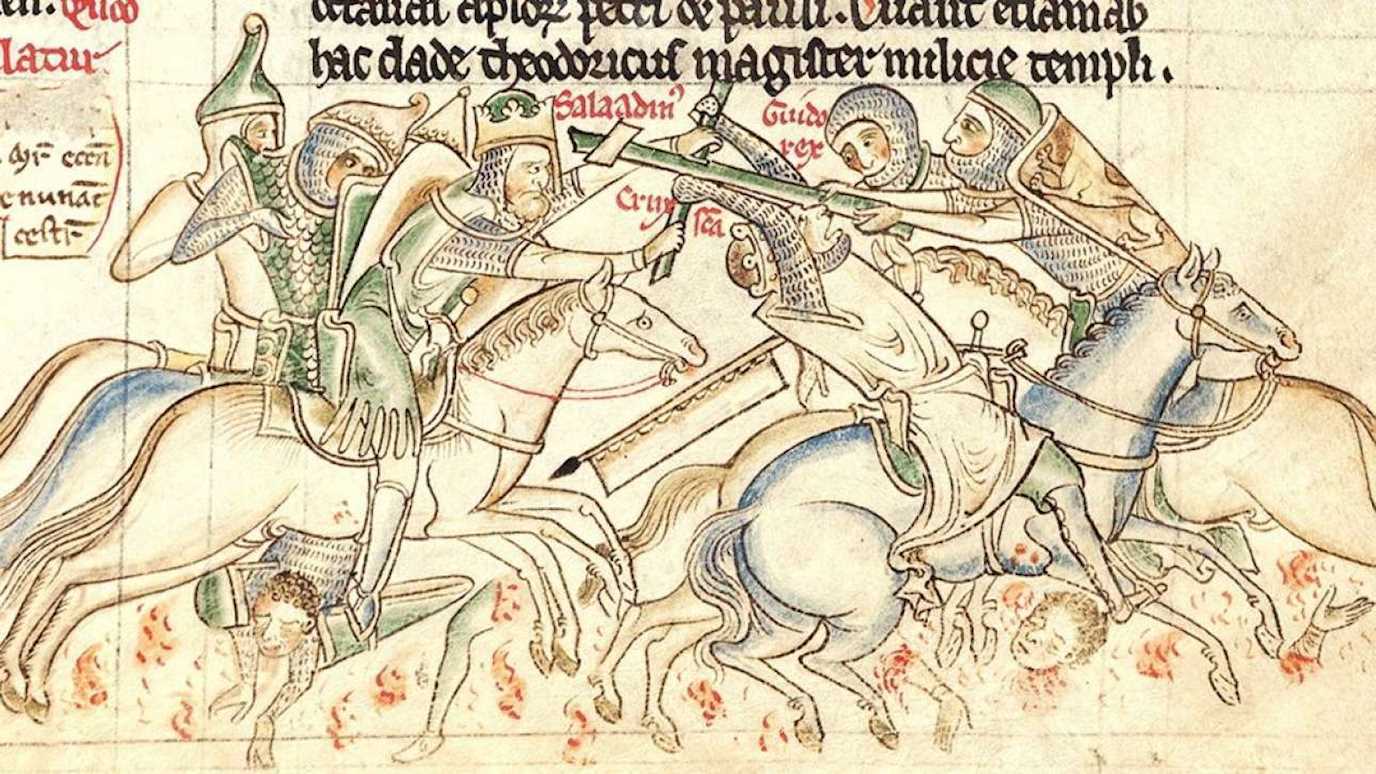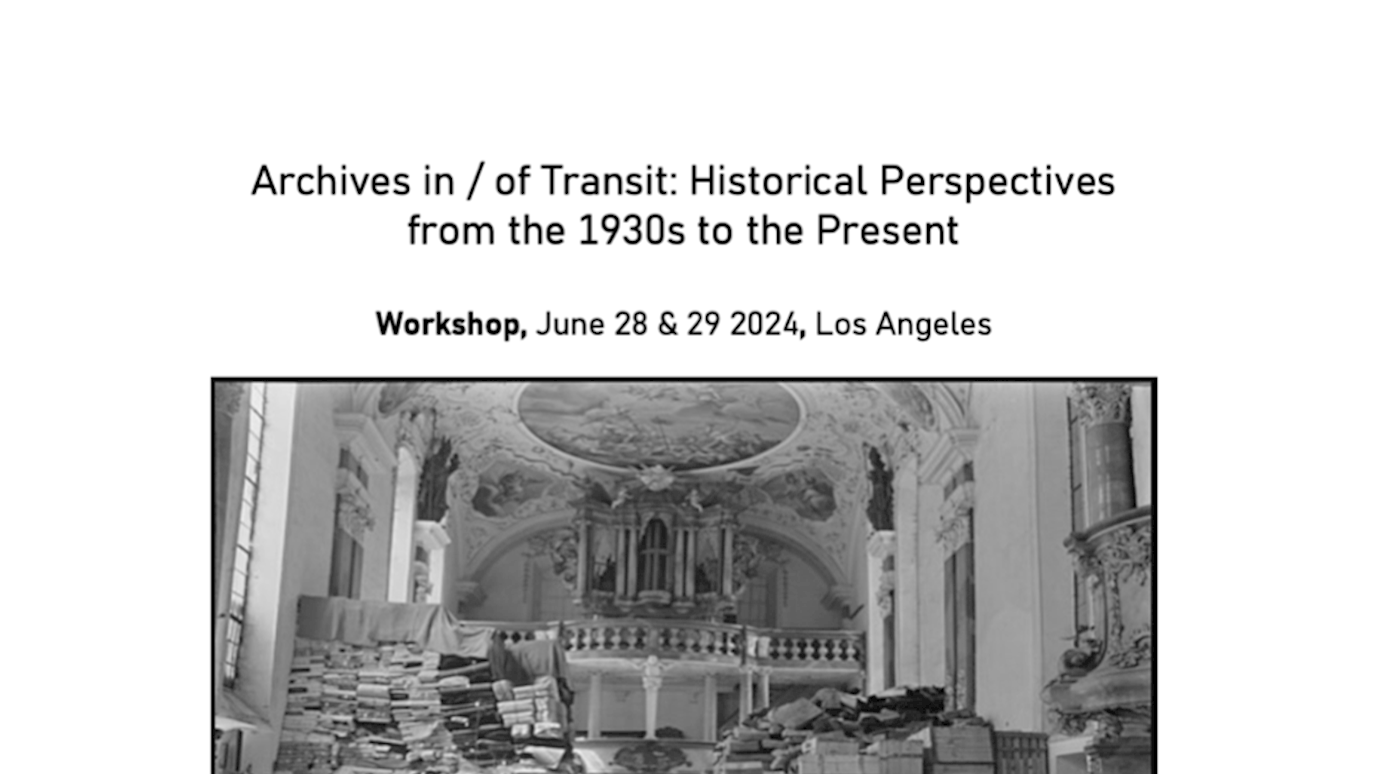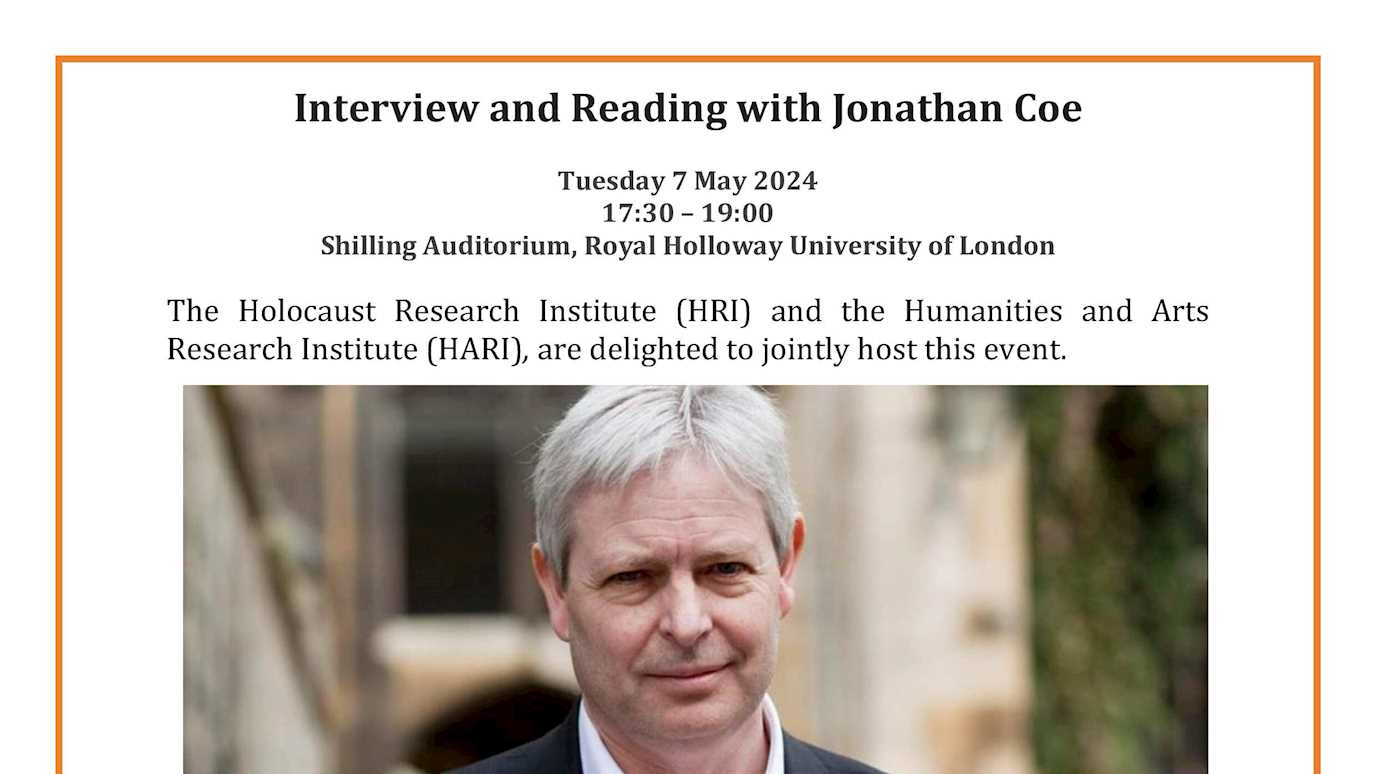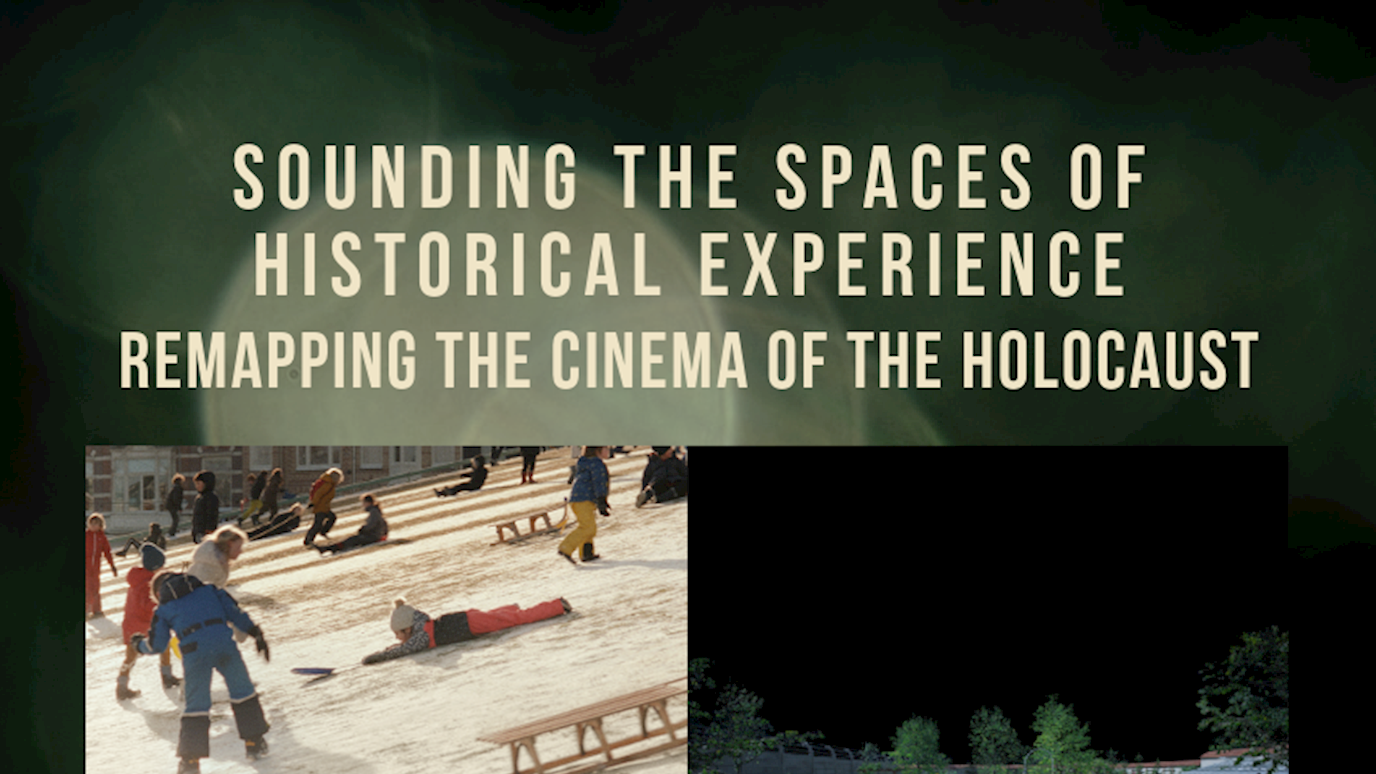Clive Burgess, Emeritus Professor of Medieval History at Royal Holloway, who died unexpectedly in August at his home at St Andrews, was a distinguished authority on English late medieval urban religious practices and beliefs.
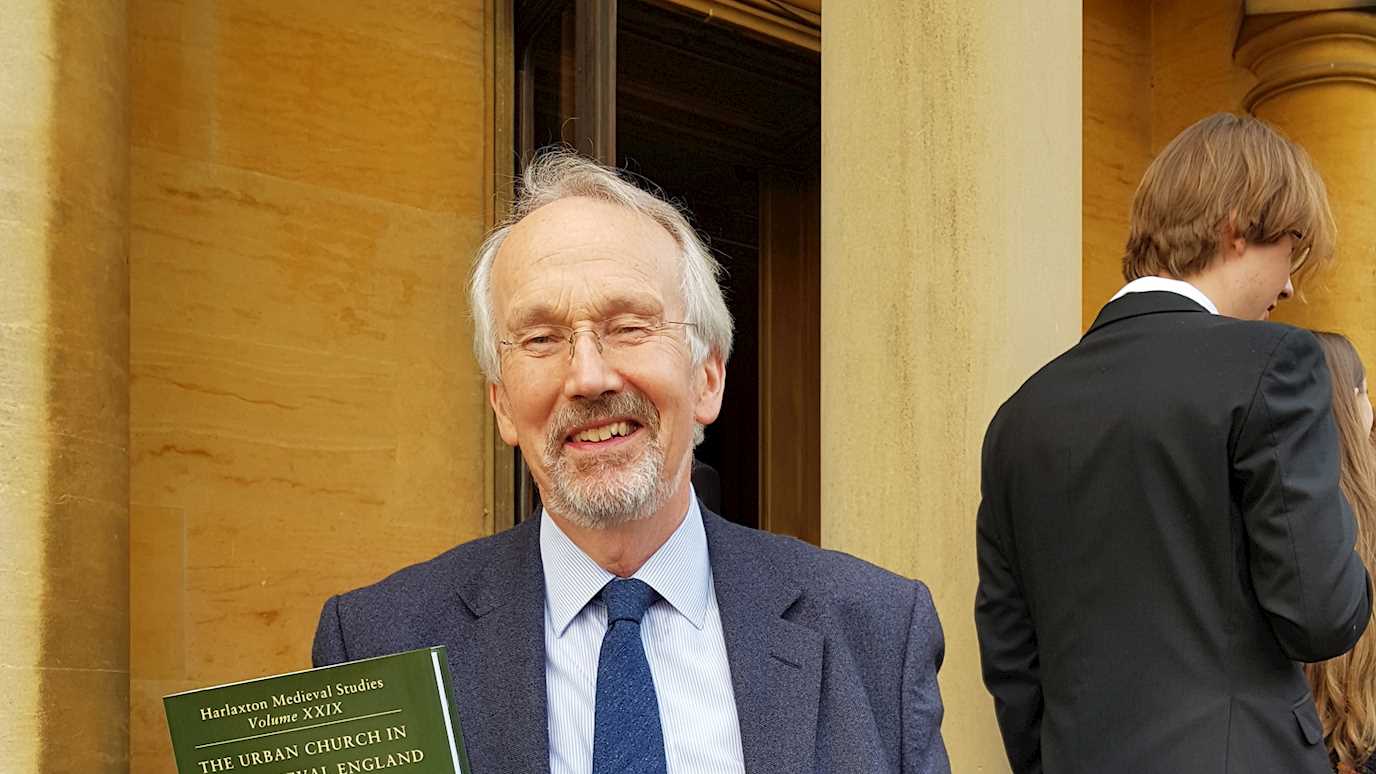
Clive, an undergraduate at Corpus Christi College, Oxford, came to his work on medieval urban religion through his early postgraduate research under Barbara Harvey on the records of the parish of All Saints, Bristol. This remarkable documentary deposit includes a series of wills, a long run of churchwardens’ accounts, a cache of property deeds detailing the parish’s landed endowment, an archive for the administration of the Halleway chantry and, above all, the so-called Church Book, which records the clerical and lay benefactors of the parish and the donations and bequests they made. Through close study of this archive Clive was able to build an extraordinarily detailed picture of the religious life of All Saints in the last century before the Reformation, showing both how it drew on a deep well of popular devotion, expressed collectively as well as individually, and how the many intercessory foundations brought into being by the town’s burgesses both added to the staffing of the church and enhanced the quality of its liturgical celebration. At the same time, Clive brought before us a rich gallery of characters – Alice Chester, who took over her husband’s business after his death and was a generous benefactor of the church, Maud Spicer, another wealthy widow who became a vowess, and Richard Haddon, who paid for the rebuilding of All Saints’ north aisle, but who later sank into debt and whose name was to be expunged from the Church Book. All these sources Clive published in a set of three magisterial volumes with the Bristol Record Society between 1995 and 2004. He supplemented the editions with a general survey of the parish, The Right Ordering of Souls. The Parish of All Saints’ Bristol on the Eve of the Reformation (Boydell, 2018).
Clive held a succession of fixed-term appointments at Royal Holloway before he was appointed to an established post in 2005 following the retirement of Caroline Barron. With his future secure in London, he quickly turned his attention to the religious life of the capital, focusing in particular on the records of the two parishes of St Mary at Hill and St Andrew Hubbard in Eastcheap, and again highlighting the deep devotion of the laity and the contribution which they made to the collective worship of the parish. At the time of his death, Clive was working on a study of the religious patronage of Richard Whittington – better known to history as Dick Whittington – and, more generally, on comparing and contrasting the piety of the Londoners with that of their Bristol counterparts.
Clive Burgess was a warm-hearted, gentle, convivial man, encouraging to his students, generous to his fellow scholars, and a good friend to all who had the pleasure of knowing him. His second-year Optional on late medieval London and his third-year Special Subject on the English Church before the Reformation were both popular courses. A life-long bachelor, he much enjoyed the sociability of conferences and seminars, and he was a regular attender of the Harlaxton Medieval Colloquium. It was at Harlaxton in 2017 that he was presented with a volume of essays in his honour, The Urban Church in Late Medieval England, edited by David Harry and Christian Steer.
Clive Burgess was a modest, unpretentious man who nonetheless knew his own worth and made a huge contribution to the study of his chosen field. We will miss his enormous knowledge and insight, his warmth and his friendship, and the winning smile which he brought to every occasion and to every conversation.










